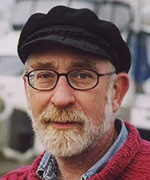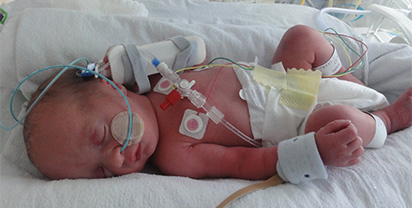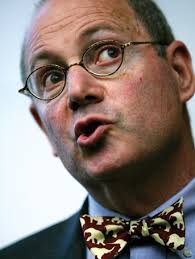1941-1945: Large-Scale Murderous Experiments Conducted on Concentration Camp Prisoners
Jews and other devalued and dehumanized groups were regarded as fitting “material” for medical and biological experiments that were forbidden under Germany’s Guidelines for Human Experimentation (1931) (details above). These included handicapped persons and numerous ethnic and groups who were expelled from German society. Foremost among these were Jews, who…




